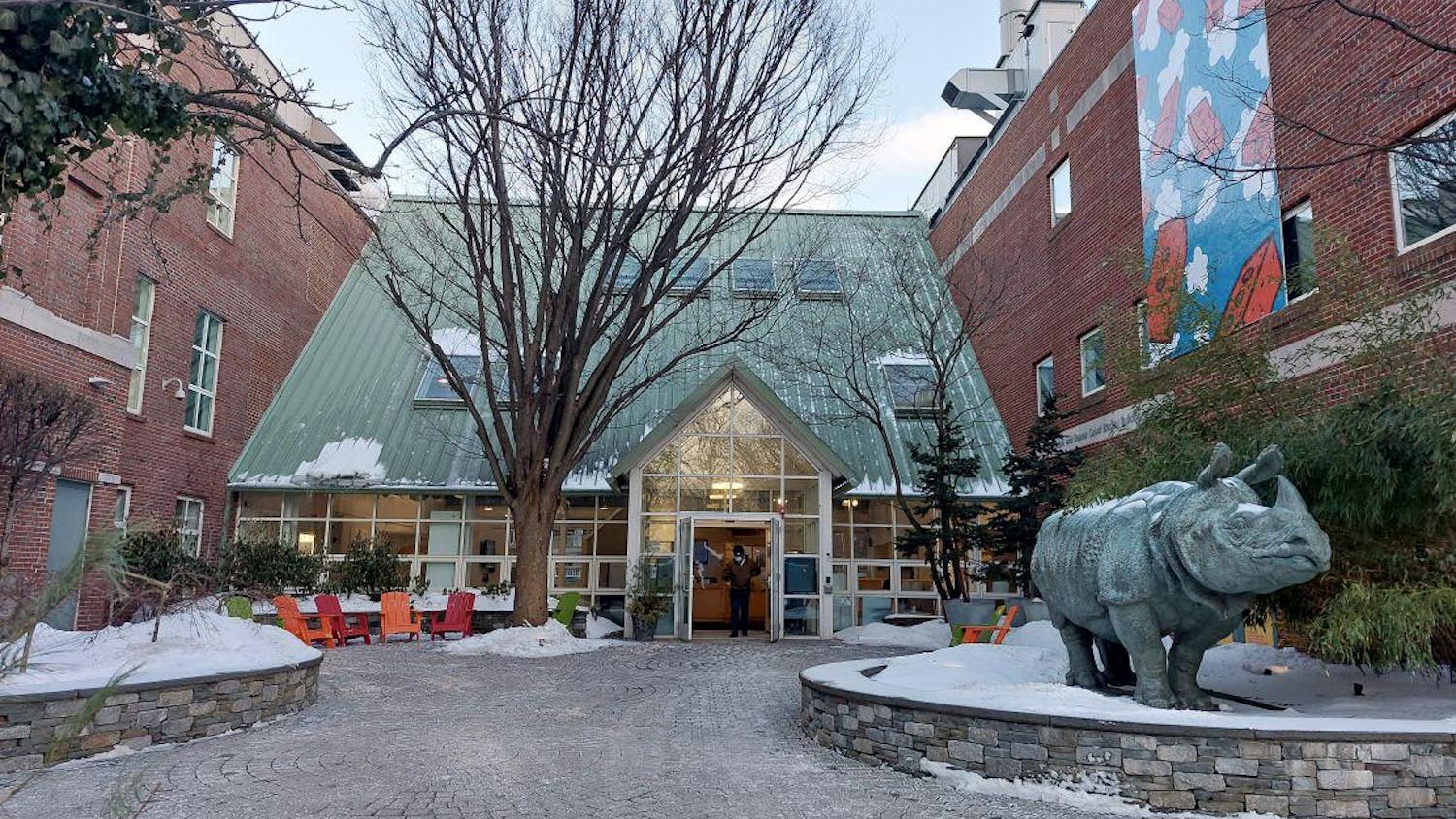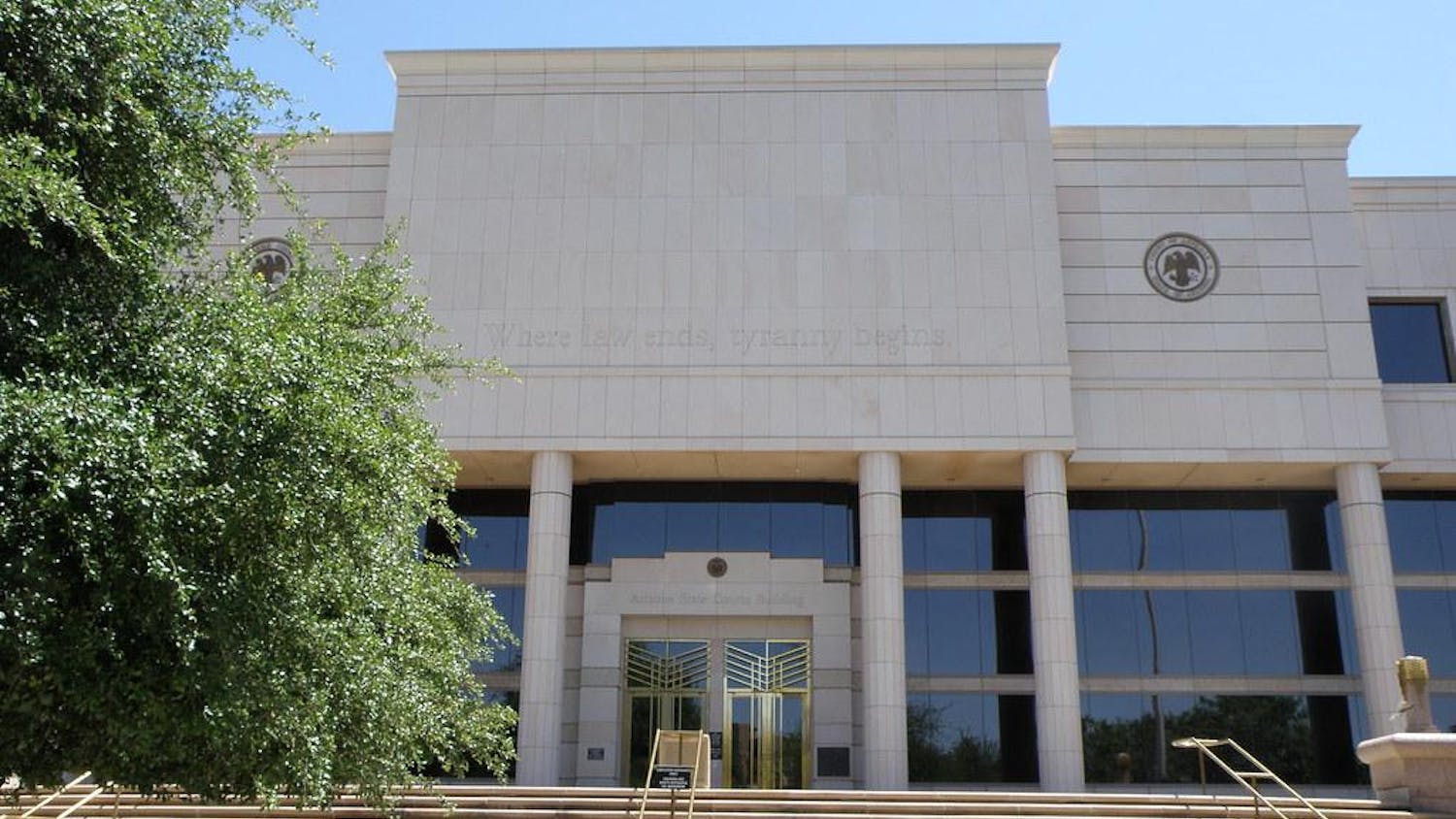The most tragic loss this past election was not the loss of Hilary Clinton – it was the loss of civility. Far from a nuanced or even substantive debate about how to best govern our country, we seem to have lost the ability, at every level of society, to talk about our country constructively with those who do not share our opinions.
I felt this even more viscerally when one of my classmates at the Fletcher School of Law and Diplomacy, Frances Burke, wrote the Dec. 5, 2016 The Weekly Standard article, "Looking for a ‘Safe Space’ In the Ivory Tower." Therein, she expresses a heartbreaking sentiment that she is hesitant – even afraid – to verbalize her political party, prior work experience, personal views and religious beliefs in fear that her peers will label her… well, a deplorable. Thus she asks, “Where is my safe space?”
This sentiment is valid. Many of us who lean left conflate the political leanings of so many on the right with a sort of moral bankruptcy. This is one of, if not the, largest failures of the left – how quickly and categorically we condemn people for holding opinions or identities we perceive to be lacking compassion. This is not a very compassionate thing to do.
On some issues, some of us have reached a point where the time for talk is over. Because I am convinced that there is still value in dialogue (if only for the sake of civility in our daily lives), I want to discuss why pieces like these, that have shown up at universities across the country, discourage conversation.
First, we need to talk about “safe spaces.” The term "safe space" originated in the 1960s to describe refuges for members of the gay and lesbian community from harassment and physical violence. “Safe spaces” have expanded to the point that they deserve discussion and pushback. There is, however, a crucial difference between invoking an academic space in which one can voice less popular opinions more comfortably and a space for historically less-privileged identities to be safe from harm.
What I hear is the need for a kinder space – especially in a place of higher education. I hear and echo a call for a space in which opinions can be voiced free from mockery, free from castigation and free from having one’s entire character called into question. I came to Tufts to gain exposure to many views, many traditions and many kinds of people. It does a disservice not only to my peers who do not feel like they can express their opinions but also to every Tufts student’s education in a school that is meant to equip us to interact with perspectives globally.
At Fletcher, our program is also meant to impart diplomacy. Therefore, taking pleasure in the pains of peers is a strange way of asking for empathy from them. Ridiculing “safe spaces” is an odd way to ask for them. Denigrating other theologies is not the way to make space for ours, and sweeping generalizations of the other end of the political spectrum are not a convincing call for people to see the nuances within our own. In short, it is not a tenable position in our tight-knit community, or in a pluralistic democracy, to ask for a kinder space and to be unkind towards others.
By “kindness,” I am not suggesting that we avoid difficult topics. I am asserting that we cannot address those issues if we communicate that we do not regard one another as capable of productive dialogue. By kindness, I am not suggesting that we mute the conviction with which we hold our beliefs. I am pleading for us to resist the temptation of letting our anger possess us in such a way that we write people off as irredeemably problematic to our society. Aristotle writes, “Anybody can become angry – that is easy, but to be angry with the right person and to the right degree and at the right time and for the right purpose and in the right way – that is not within everybody's power, and is not easy.” If we are to realize a healthier space for dialogue at Tufts, not to mention in the United States, we are required to become angry with greater precision, especially as that anger is stoked.
Editor’s Note: If you would like to send your response or make an op-ed contribution to the Opinion section, please email us at tuftsdailyoped@gmail.com. The Opinion section looks forward to hearing from you.
More from The Tufts Daily
Letter to the Editor
By
Tufts Friends of Israel
| April 30
Unions are on stage at Tufts and SMFA
By
Kunal Botla
| April 29
Stop denying women their bodily autonomy
By
Linda Huang
| April 29





